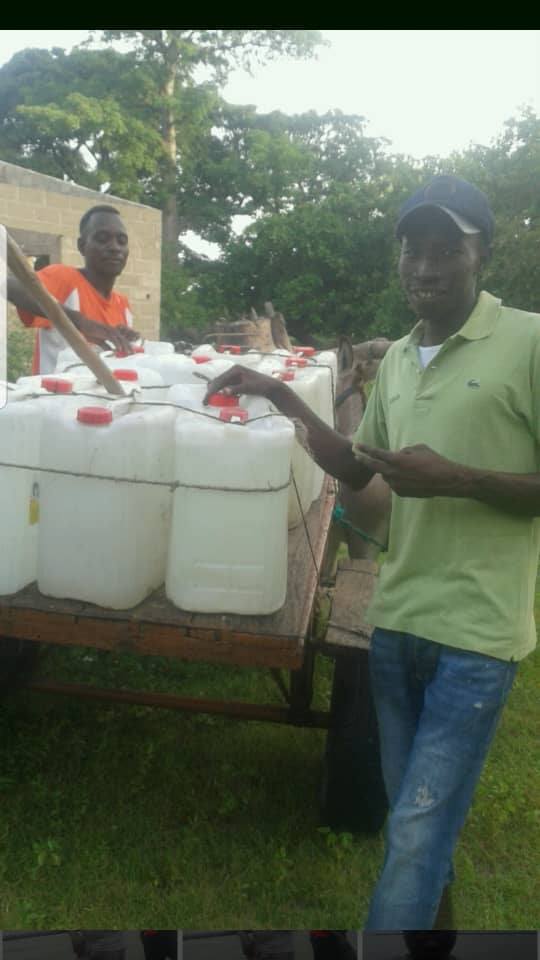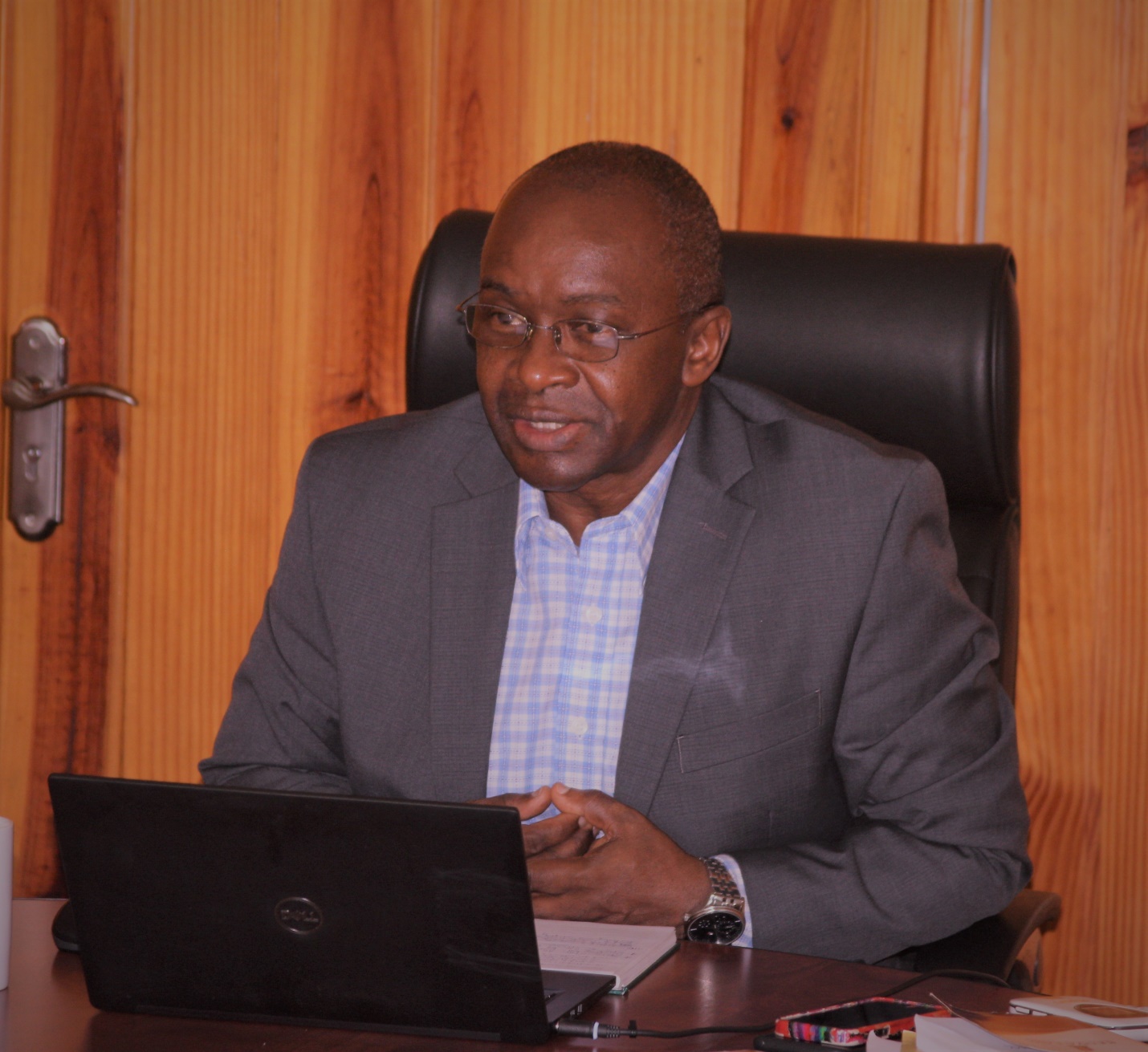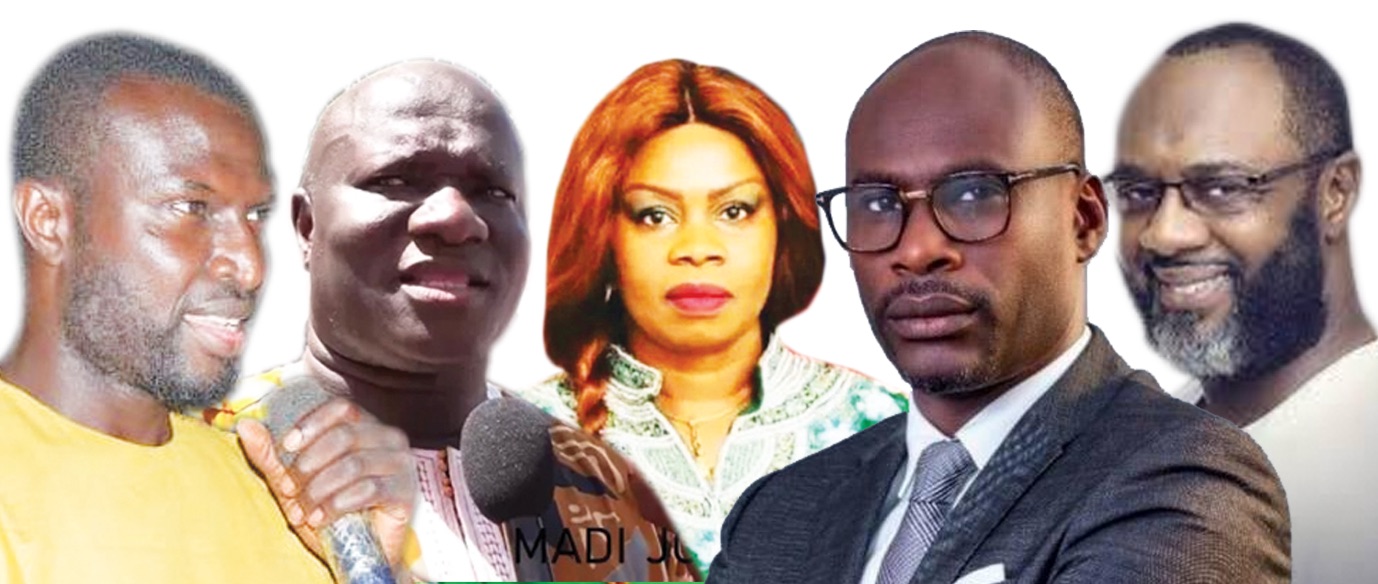The community Jinack seven kilometres outside Banjul has vowed to boycott the forthcoming elections by refusing to vote if The Gambia government continues to ignore their plights.
The residents of the various communities in Jinack strongly called on government to intervene.
Jinack is an Island situated in the North Bank Region (NBR) of the country, about seven kilometres outside Banjul.
It’s probably one of the most neglected community of the country where drinking water is unavailable except what is being transported from outside.
The problem becomes worse by lack of infrastructure to access the village – as community’s owned ambulance anchor far away to wait for patients for referrals.
“Since I know myself all the governments in The Gambia, [past and present] have never brought any form of development to our communities that formed Jinack.
We are being treated like aliens in our own country even though we have been paying taxes to government every year,” village Alkalo Karamo Manneh said in an interview.
Jinack is an old settlement bordering with Senegal. It was officially demarcated in 1894 between the two countries. The four communities which formed Jinack are Kajata, Niggi, Barra and Jatako. After the demarcation, Kajata and Niggi became part of The Gambian territory.
The Chairman of the community’s Village Development Committee (VDC), Amadou Manneh said they have been enduring the situations for years.
“We are without water for decades. We have one well in Kajata and another one in Niggi. They are all salty. If we want fresh water we have to pay for it before we drink,” Manneh, pointed out.
According to him, drinking water is transported either from Banjul, Barra or Senegal before they can drink with it.
He further revealed that to transport a 20 litter gallon of fresh water, it cost them D12 to transport it.
“This is to our disadvantage because families cannot afford this. Freshwater is like a diamond here and if you want to depend on it you have to pay for it. One gallon cost D12 which have to be transported from Banjul, Barra or Jinack Senegal,” Manneh explained.
The VDC chair said this development was communicated to various governments of The Gambia but they could not come to their aid up to date.
He pointed out that Jinack has been neglected by Gambia governments for so long.
Regarding accessibility problem due to poor road condition, the village head, Karamo Manneh sympathizes with women who tried to access bigger markets to sell their sea-foods and perishable vegetables.
According to him, this makes a lot of businesses to run at losses. At the age of 83 and the seventh Alkalo of Jinack Niggi is also worried about the poor road infrastructure and lack of electricity.
“If you look at the distance between Jinack and Banjul, it’s just seven kilometers but it can take you almost ten hours or the whole day to reach here. This is really sad and unacceptable,” he noted
Ebrima Bojang a native of Jinack Kajata said they have been neglected by The Gambia governments for so long.
“We have been silence for so long but now we want to calls on The Gambia government to consider our sufferings. It’s very sad when you go to Jinack Senegal and come here in Jinack Gambia is like day and night.”
There are only two meaningful projects here are; the Lower Basic and the Health Centre all at Niggi,” Bojang pointed out.
He revealed developments were brought courtesy of the villagers and philanthropist.
According to him, the community’s ambulance cannot have access to the village due of lack of a bridge, noting that it anchors at the other side of the Niggi Bolong (stream) in Kanuma.
“In the situations of emergency you have to cross the river; sometimes at very odd hours of the night to be able to take your patient to the ambulance for onward transportation to the nearest major health center in Essau or to the hospital in Banjul,” he said.





